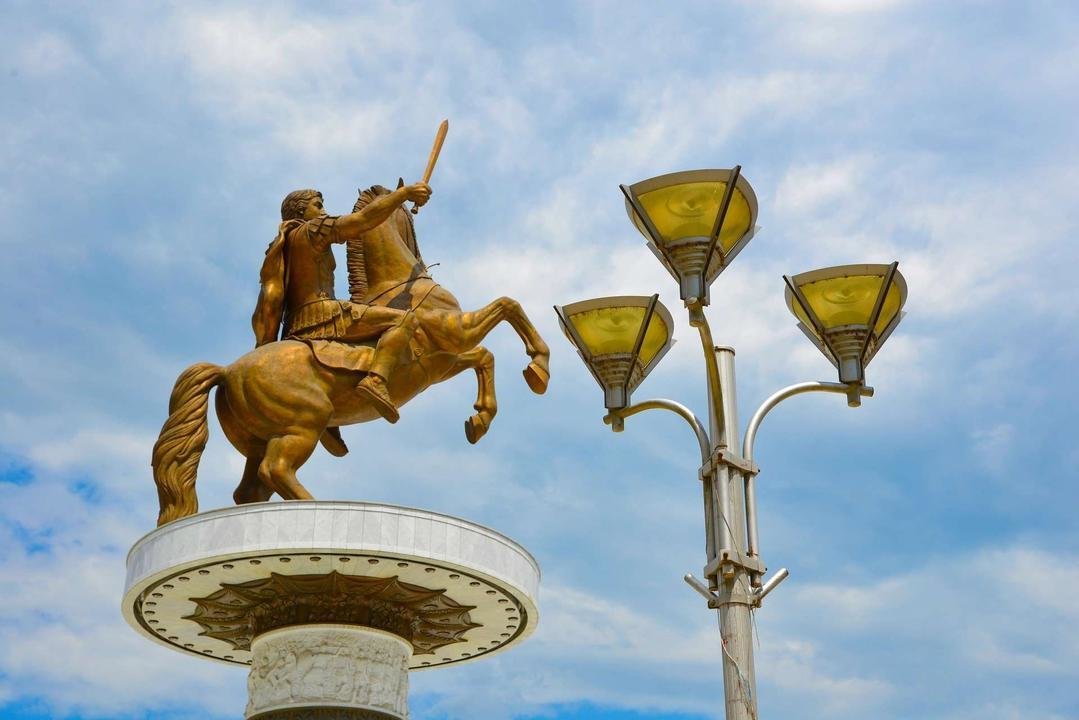Empresas, Alejandro y Diógenes, por Carlos Rodríguez Braun

Alejandro Magno, el hombre más poderoso del mundo, quiso conocer en Corinto a uno de los pocos que no habían acudido a saludarlo. Era el filósofo Diógenes de Sinope, que vivía en una tinaja, en la más extrema pobreza. Cuenta Plutarco que Alejandro le preguntó si necesitaba algo, y el pensador le respondió: “Sí, retírate del sol”.
Esta célebre anécdota ilustra el problema de las empresas y la política.
Los populistas de Podemos aseguran que la prosperidad se conseguirá hostigando a las mujeres y los hombres de negocios. Siglos de historia los desmienten y, por fortuna, han perdido respaldo electoral. Pero allí están, y co-gobiernan hoy en España.
 Carlos Rodríguez Braun
Carlos Rodríguez BraunAseguran en el PSOE que ellos no comparten la agenda anti-empresarial de Pablo Iglesias, pero no proponen bajar los impuestos y reducir los costes y trabas burocráticas que padecen nuestras empresas.
Los demás partidos políticos alegan que están a favor de los empresarios, aunque rara vez tienen la humildad de reconocer que el Estado no sabe nada de las empresas, y que lo que debería hacer no dañarlas aún más, y dejarlas en paz.
En cambio, proliferan planes intervencionistas sobre las empresas, desde la nacionalización de parte de su capital, hasta subsidios y ayudas de diverso tipo. Son estrategias equivocadas, que pueden resultar costosas para los contribuyentes, y que a menudo desembocan en que reciben privilegios los grupos más grandes y poderosos, a expensas de las pequeñas y medianas empresas, que son la mayoría, y emplean a la mayoría de los trabajadores.
La mejor estrategia es la de Diógenes, a saber, que el Estado no sea un obstáculo para el desarrollo de las empresas. Debe retirarse para que ellas busquen la luz y el camino, especialmente en tiempos convulsos como los actuales, donde resulta aún mas imprescindible un marco institucional flexible para que la iniciativa empresarial pueda adaptarse rápidamente a las nuevas circunstancias.
Sospecho que nuestros gobernantes no leen a Plutarco. Tras su asombroso diálogo, los hombres de la escolta de Alejandro se burlaron del filósofo, pero su jefe les advirtió: “Si no fuera Alejandro, me gustaría ser Diógenes”.
 Opinión
OpiniónCompanies, Alexander and Diogenes
Carlos Rodríguez Braun
In Corinth, Alexander the Great, the most powerful man in the world, wanted to meet one of the few people who had not come to greet him. It was the philosopher Diogenes of Sinope, who lived in a barrel, in the most extreme poverty. Plutarch recalls that Alexander asked him if he needed anything, and the thinker responded: “Stand aside to stop blocking the sun”.
This famous anecdote illustrates the problem of companies and politics.
The populists of Podemos state that prosperity will be achieved by hounding business men and women. Centuries of history refute this and, fortunately, they have lost the backing of the electorate. But there they are, and they share power today in Spain.
The PSOE states that they do not share the anti-business agenda of Pablo Iglesias, but they do not propose lowering taxes and reducing the costs and bureaucratic obstacles that afflict our companies.
The other political parties claim that they are in favour of business people, although they rarely have the humility to acknowledge that the State knows nothing about companies, and that it should not further damage them and leave them in peace.
On the contrary, there are an abundance of interventionist plans for companies, from nationalising part of their capital, to subsidies and different types of grants. These strategies are mistaken, and may be costly for tax payers, and they often result in the largest and most powerful groups receiving privileges at the expense of small and medium-sized companies, which make up the majority, and employ the majority of workers.
The best strategy is that of Diogenes, namely, that the State should not be an obstacle for the development of companies. It should get out of the way so they can seek light and the path forward, especially in turbulent times like at present, where a flexible institutional framework is even more essential to ensure that the business initiative can quickly adapt to the new situation.
I suspect that our rulers do not read Plutarch. After his amazing conversation, the men in Alexander´s convoy mocked the philosopher, but their boss told them: “If I were not Alexander, I would like to be Diogenes”.
